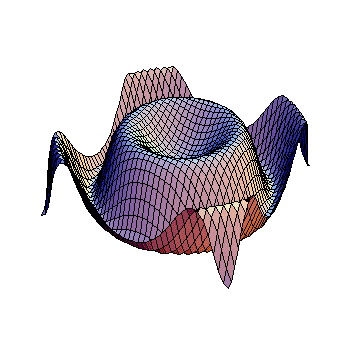Question #81855
2 Answers
P(divisible by 5)
Explanation:
Total no. Of outcomes= 6*4
= 24
~~~~~~~~~~~~~~~~~~~~~~~~~~~~~~~~
alternate derivation:
There are 4 choice for the first digit;
for each of these there are 3 choices for the second digit;
for each of these there are 2 choices for the third digit;
leaving only 1 possibility for the fourth digit.
Total number of ways of composing a 4-digit number
~~~~~~~~~~~~~~~~~~~~~~~~~~~~~~~~
Outcomes where divisibility by 5 is possible = 6
~~~~~~~~~~~~~~~~~~~~~~~~~~~~~~~~
explanation of derivation:
To be divisible by 5 the last digit must be 5;
this leaves 3 choices for the first digit;
2 choices for the second digit; and
1 possibility left for the last digit.
Number of ways of composing 4-digit number ending in 5:
~~~~~~~~~~~~~~~~~~~~~~~~~~~~~~~~~
Hence probability of getting a no. which is divisible by 5 = 6/24 = 1/4
Probability =1/4
The probability is
Explanation:
The probability can be calculated by dividing the number of outcomes fulfilling the condition by the total number of outcomes:
#P(A)=(bar(bar(A)))/bar(bar(Omega))#
Here the number of all outcomes can be calculated as:
The condition for outcomes in
The remaining 3 digits can be arranges in
Now we can calculate the probability:
#P(A)=4/24=1/4=0.25#
Original answer:
Probability = Favorable outcome / Total outcome
Outcomes= 1253 1235 1523 1532 1352 1325 2135 2153 2351 2315 2513 2531 3512 3521 3125 3215 3152 3251
Total number of outcomes= 18
Favorable outcomes=1235 1325 2135 2315 3125 3215
Number of favorable outcome= 6
Probability= Favorable outcome / Total outcome
= #6/18#
= 3


